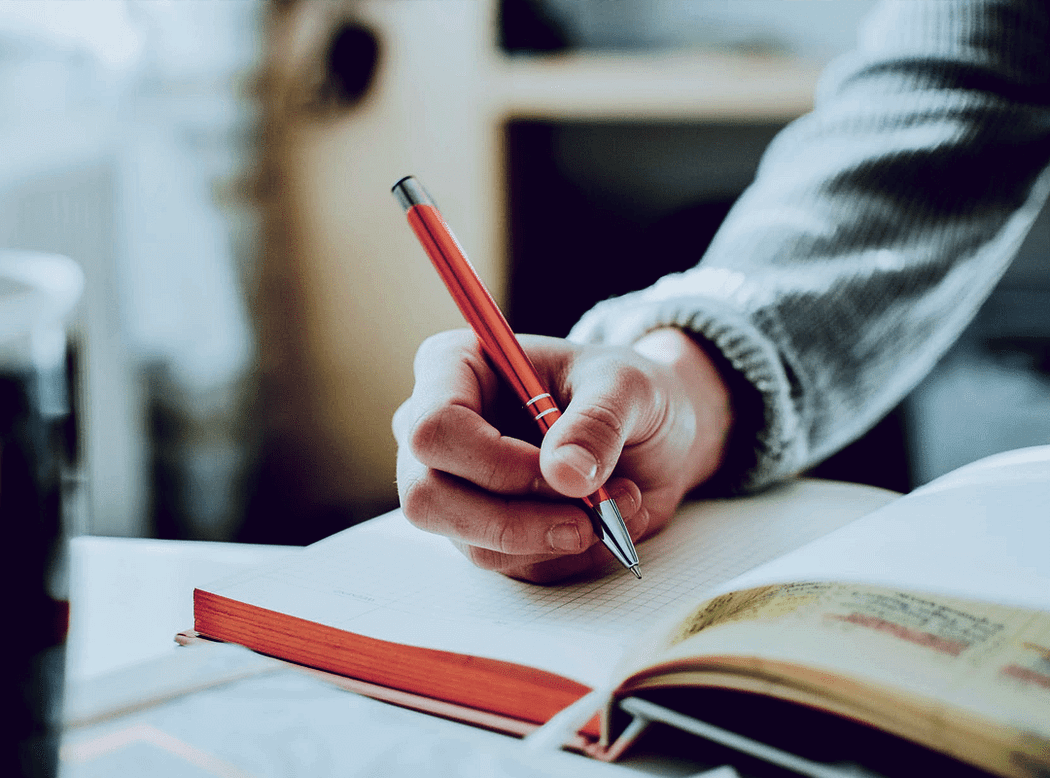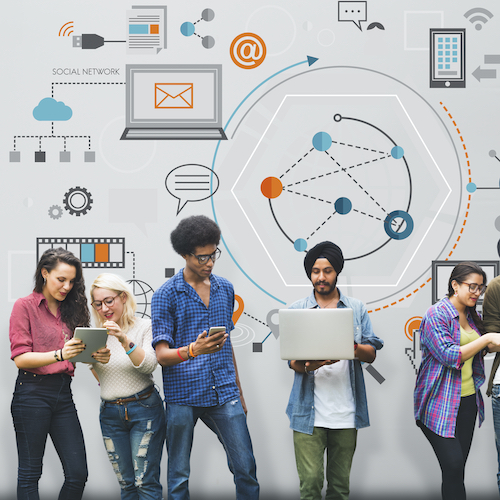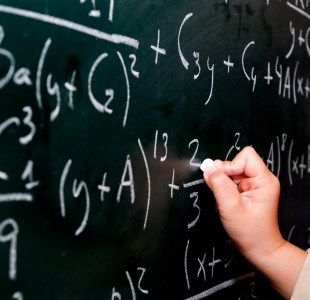What does it mean to be literate today?
According to UNESCO, literacy is a continuum of learning and proficiency in reading, writing, and using numbers throughout life and is part of a large set of skills, which include digital skills, media literacy, education for sustainable development and global citizenship as well as job-specific skills. Literacy skills themselves are expanding and evolving as people engage more and more with information and learning through digital technology. Thus, being literate in today extends the traditional concept of reading and writing. In the digital age, literacy includes a range of skills and competencies that are essential for individuals to navigate and participate effectively in society.
Reading and writing skills are still fundamental to personal development and self-expression. Reading skills allow people to gain knowledge from writing, whether printed text or digital text. Writing skills allow people to communicate ideas, persuade others, and convey information effectively. People will use these skills throughout their life and are fundamental to other literacy skills.

Media literacy is the ability to analyze, evaluate, and understand a media source, whether it’s a well-known newspaper, a cable news program, or a Facebook post. It helps us build our understanding of the role of the media in society and teaches us to ask the critical questions necessary for a democratic society. As Matthew demonstrated in his video, media literacy, enables people to think critically about information and the use of digital tools, and it helps people to make informed choices and see both sides of messages.

Numeracy is the ability to understand and work with numbers effectively. I remember the course, EC&I 830, I took last year, there is a debate about “Should Schools Teach Skills That Can Be Easily Carried Out by Technology?” Basic numeracy is one of the skills that could be replaced by technology. However, students should still need to have the ability to interpret data and detect errors. These skills cannot be replaced by technology. In addition, numeracy is used in many real-world scenarios, such as personal finance, grocery shopping and healthcare. This would require students to have numeracy skills to interpret data from everyday life.

Cultural literacy is a new concept when I search for media literacy. It is the ability to understand and appreciate the similarities and differences in the customs, values, and beliefs of one’s own culture and the culture of others. It involves familiarity with common references, symbols and values within the culture. During the last group discussion, we were asked to review two commercials about a beer company. I feel I need to have cultural literacy skills to understand the commercials. For example, the commercials represent Canadian culture and identity to be a Canadian. As a newcomer, I came to Canada 9 years ago. I need to have the ability to understand and integrate Canadian culture, the differences between Chinese culture and Canadian culture, and diversity. My dominant culture has shifted from Chinese culture to Canadian culture. I experienced a journey of cultural integration and adaptation in Canada. However, sometimes I still feel it is hard to fit into Canadian culture, such as understanding these beer commercials, Canadian humour, and so on. Adapting to Canadian culture is a transformative and rewarding experience, and it requires me to have cultural literacy skills.

I’ve just mentioned a few literacy skills in today’s world, but I believe there are more skills we need to acquire in order to be considered fully literate today.
6 Comments
Cole Nicolson
Hi Echo, thanks for sharing your experience integrating into a new “cultural” literacy. I appreciate you being open in sharing that! I appreciate your comments on how it can be a struggle sometimes to find yourself in a new literacy. Your discussion on cultural literacy then has me wondering if there are any ways that digital literacy can assist or impact other forms of literacy. I suppose they are all intertwined, but with cultural literacy in particular, I wonder if there are ways that enhancing your digital literacy also improves your cultural literacy.
Echo
Hi Cole,
You’re absolutely right, and I appreciate your thoughtful comment! Integrating into a new cultural literacy can be a fascinating but challenging journey, and it’s great to hear your interest in how digital literacy might intersect with and enhance other forms of literacy, including cultural literacy. Digital literacy and cultural literacy are indeed intertwined in many ways. For example, social media and online forums provide opportunities for engaging with people from diverse backgrounds. Improving your digital communication skills can help you connect with individuals from different cultures, fostering cultural exchange and understanding.
Matthew Fehr
Sometimes I wonder if we are moving toward a society that proof reads, cross references, and fact checks rather than writes. With the advent of AI tools and the rampant amount of targeted advertising will English classes of the future become media literacy and verification classes? As skills become deprecated (like hand writing) will they disappear altogether? With reference to your cultural literacy component I believe that globalization has made it far more important to navigate and communicate with those from other cultures. I am glad you discussed it.
Echo
Hi Matthew,
The rise of AI tools indeed raises questions about the balance between creating content and verifying information. It’s possible that future English classes might prioritize media literacy and fact-checking skills alongside traditional writing. Thank you for sharing your thought-provoking response.
Kimberly Kipp
Hi Echo, thank you for breaking down the different types of literacy so nicely. I particularly appreciate your candid reflections on cultural literacy. In reference to the beer commercial and my personal connections to it as a third-generation Canadian white settler – it came out when I was in my late teens. We all (and by “we,” I mean my other white settler friends) loved it. There was a song attached to the series of commercials called “I AM (Canadian)” that we loved and would drive around singing at the top of my lungs. It was ONLY in our class last week – seeing the commercial and having flashbacks – that I realized how many different narratives and stories were left out of the commercialization of “being Canadian,” even as the commercial is meant to break down Canadian stereotypes. A hockey-loving, beer-drinking white male does not represent the nuanced, complex Canadian identity. What was meant to rouse the so-called “average Canadian” actually excluded so many. As you said -“Adapting to Canadian culture is a transformative and rewarding experience, and it requires me to have cultural literacy skills” – it requires all of us to acknowledge that no group fits nicely into commercialized labels (and become culturally literate). We are diverse – you are a part of that wonderful diversity – and I thank you for sharing your experiences.
Echo
Hi Kimberly,
Thank you for sharing your personal reflections on the beer commercial and your experiences as a third-generation Canadian white settler. I appreciate your openness in acknowledging the nuances and complexities within the Canadian identity and the reminder that cultural literacy is an ongoing process of learning and understanding.